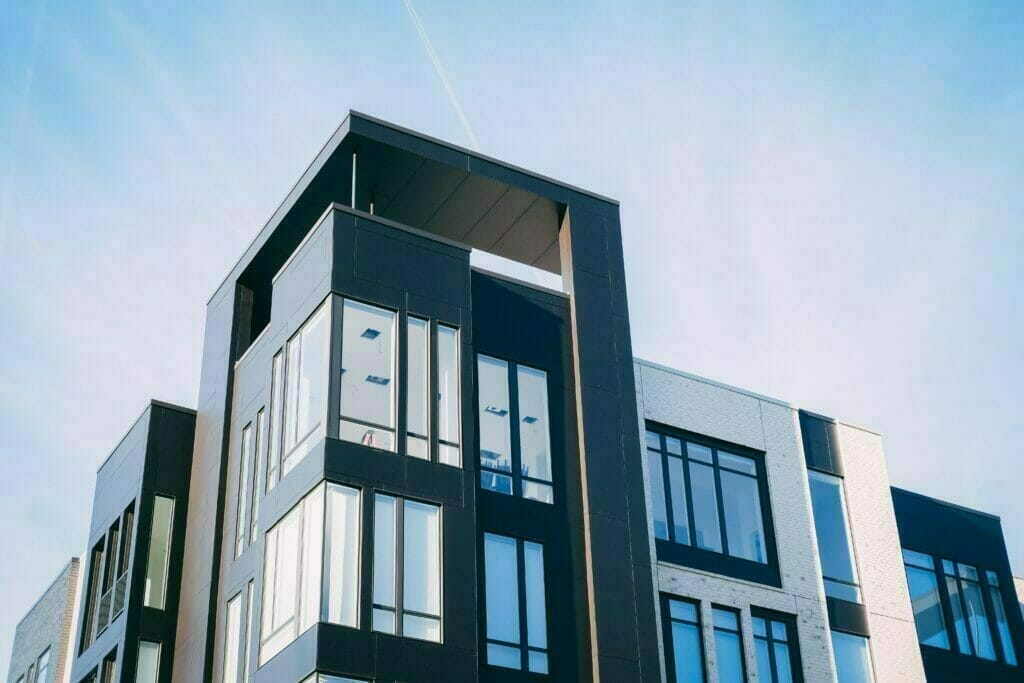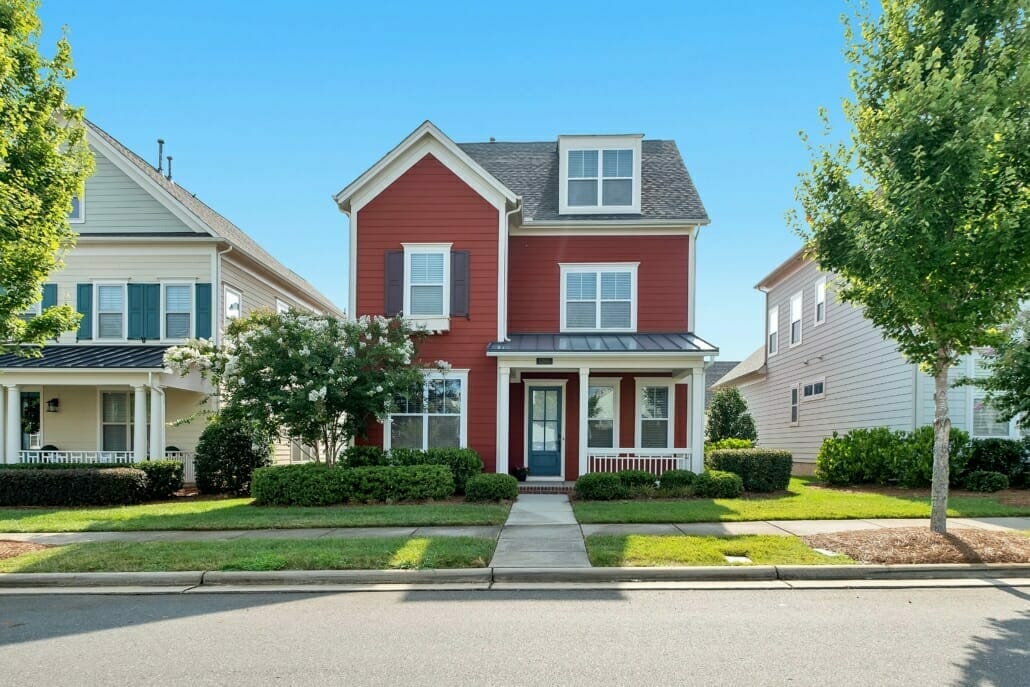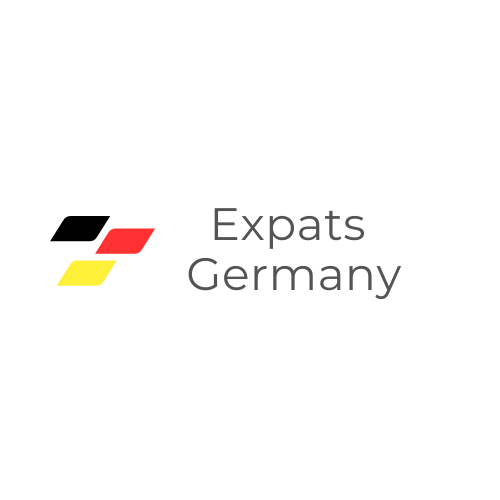Mortgages in Germany for Expats

Germany offers numerous advantages for expats, including a high quality of life, a progressive social system, and an attractive housing market. With one of the largest mortgage markets in Europe, Germany provides a range of mortgage products from both private and public providers to cater to the diverse needs and requirements of borrowers. For expats looking to purchase property in Germany, it is essential to understand the process of obtaining a German mortgage.
In this article, we aim to provide you with an overview of German mortgages specifically tailored to expats. We will cover the following key points to help you navigate the mortgage landscape effectively:
Who can get a mortgage in Germany?
Germany’s mortgage landscape offers expatriates exceptional opportunities, making it vital for you to be well-informed about the options available when considering homeownership in the country. Purchasing a property in Germany holds significant financial weight for expats, highlighting the need to understand the favorable mortgage rules and seize the potential for investment.
As an expat, there are no restrictions on buying real estate in Germany. Anyone who meets the following basic requirements can apply for a mortgage:
- Valid residence and work permit
- Current employment in Germany
- Employer or own company based in Germany, paying taxes there
- Ability to make payments in euros
- Equity to cover acquisition costs (up to 15% of the purchase price)
Depending on your circumstances, you may have to meet specific additional requirements:
Mortgages for EU citizens
For EU citizens considering homeownership in Germany, the mortgage landscape offers favorable conditions that parallel those available to German citizens. Generally, you can expect similar loan-to-value (LTV) limits, allowing you to finance up to 100% of the property value. However, it’s important to note that certain lenders may require a higher down payment.
Mortgages for non-EU citizens
For non-EU citizens with a temporary residence permit, navigating the German mortgage market comes with certain considerations. While you are eligible to apply for various types of mortgages, there are specific conditions that must be met to secure financing:
It’s important to note that as a non-EU citizen, you are generally considered a higher risk compared to German and EU citizens. Consequently, only a select few banks may be willing to grant you a mortgage. Additionally, these lenders may require a higher down payment to mitigate the perceived risk.

Mortgages for self-employed expats
For self-employed expats, securing a mortgage can present unique hurdles, as banks often perceive entrepreneurship as a riskier venture. To increase your chances of obtaining mortgage approval, it is crucial to demonstrate your ability to repay the loan. This involves providing specific documents that substantiate your financial stability and track record.
As a general guideline, the longer you have been self-employed, the more favorably lenders may view your application. In this section, we will explore the intricacies of securing a mortgage as a self-employed expat, discussing required documentation, strategies to enhance your eligibility, and practical tips for navigating the process with confidence.
Mortgages for individuals approaching retirement age
Securing a mortgage as you approach retirement age can present unique challenges, as lenders typically assess loans based on the expectation that they will be repaid prior to retirement. To navigate this scenario, mortgage lenders carefully evaluate the adequacy of your pension income to meet the minimum income requirements.
If you have contributed to a Riester pension scheme, you may have the option to utilize your accumulated savings to apply for a mortgage or pay off an existing one. In this section, we will delve into the complexities of obtaining a mortgage as you near retirement age, exploring eligibility criteria, considerations for pension income, and strategies to enhance your prospects of mortgage approval.
Required documents for getting a mortgage in Germany
For your mortgage application, you must prepare several documents, usually dating back several years, proving that you meet the abovementioned requirements. A mortgage broker can guide you on the actual documents you will need, and these usually include:
- Identification, such as a passport (not a driver’s license).
- Registration certificate
- Copy of residence permit
- Proof of German pension insurance, e.g. social security card
- Proof of existing share ownership
- Various property-related documents such as land register excerpts, appraisals, floor plans and partition extracts (available from the seller or broker)
Supplemental documents for employees:
- Payslips for the last three months
- Income tax certificate for the last year (available from your employer)
Additional documents for freelancers and self-employed persons:
- Two valid tax returns of the last years
- Two current tax assessment notices from the German tax office
- Profit and loss statement for the past year audited by your tax advisor
How do mortgages generally work in Germany?
Mortgages in Germany operate on certain principles that are important to grasp when considering homeownership. Here’s an overview of how mortgages generally work in Germany:
Loan-to-Value (LTV)
Mortgage banks in Germany often extend loans of up to 100% of the property’s value. However, it’s worth noting that you’ll need to cover additional costs related to purchasing the house, such as acquisition fees, using your own funds. While some banks offer full financing, it is more common for loans to cover approximately 80% of the property’s value. Foreigners, being perceived as a higher investment risk, may face higher down payment requirements, especially if they do not reside or work in Germany.
Loan Duration and interest rates in Germany
German mortgages typically have terms ranging from 25 to 30 years, and during the initial years, they usually feature fixed interest rates. However, borrowers also have the option to choose fixed interest rates for 10, 20, or even 30 years, albeit at higher overall interest rates. Mortgage rates in Germany are relatively low compared to global standards, typically hovering around 1-2% per year.
Affordability Considerations
To ensure responsible lending practices, mortgage providers assess affordability by ensuring that your monthly mortgage payment does not exceed 35-40% of your income. This precautionary measure aims to prevent borrowers from committing to mortgages they cannot comfortably repay.

German mortgage types
There are different types of mortgages in Germany. Below is a brief description of the most common types. A mortgage advisor can help you decide which is best for your situation. To qualify for all the types of mortgages listed below, you must meet some essential criteria.
#1 Annuity mortgage (Annuitätendarlehen)
When it comes to mortgages in Germany, the annuity mortgage stands out as a preferred option among borrowers. This type of mortgage offers a fixed interest rate and a term ranging from 5 to 30 years. One of its key advantages is the consistency it provides, as your monthly mortgage payment remains the same throughout the entire duration of the loan.
At the beginning of the mortgage, the majority of your payment goes toward interest, while the repayment of the original loan is made in smaller increments. As time progresses and the loan is gradually paid off, the portion allocated to interest decreases, while the repayment portion increases.
A distinctive feature of the German mortgage system is the flexibility it offers in terms of repayment. Lenders often allow borrowers to specify the monthly repayment amount as a percentage of the original loan, typically ranging from 2% to 10% per year. This empowers borrowers to tailor their repayment strategy according to their financial situation and long-term goals. Additionally, the option to make unscheduled repayments provides an opportunity to accelerate the mortgage payoff and save on interest over time.
#2 Full repayment mortgage (Volltilgerdarlehen)
If you desire the certainty of becoming mortgage-free within a specific timeframe, the Full Repayment Mortgage, also known as Volltilgerdarlehen, offers a compelling solution. With this type of mortgage, you make fixed monthly payments that cover both the interest and principal amounts.
The distinguishing feature of a Full Repayment Mortgage is that instead of specifying a percentage repayment rate, you determine the desired loan term. By setting a target period for complete loan repayment, your monthly payment adjusts accordingly. Opting for a shorter term means higher monthly payments, while a longer term results in more manageable monthly installments.
This mortgage option provides peace of mind, allowing you to plan your financial future with certainty. Whether you aim to become mortgage-free in 10, 15, or 20 years, the Full Repayment Mortgage enables you to tailor your repayment plan to suit your goals and budget. As you make consistent payments, you steadily reduce your outstanding loan balance, bringing you closer to the ultimate goal of complete homeownership.
#3 Interest-only mortgage (endfälliges Darlehen)
In Germany, the Interest-Only Mortgage, known as Endfälliges Darlehen, is a less common mortgage type primarily utilized for property investment purposes, particularly in the rental market. With this mortgage, your monthly payments only cover the interest accrued on the loan, and the principal amount remains unchanged. At the end of the loan term, you are responsible for repaying the remaining debt in full.
It’s important to note that obtaining an interest-only mortgage as an expat typically requires a substantial down payment. Lenders view this type of mortgage as higher risk, and therefore, they seek greater security in the form of a significant initial investment.
While the interest-only mortgage option may not be prevalent in Germany, it can be a strategic choice for certain investors looking to maximize their cash flow and leverage their investments. However, careful consideration and financial planning are essential to ensure the ability to repay the remaining debt at the end of the term. It is advisable to consult with a mortgage professional who can guide you through the specifics and implications of an interest-only mortgage, taking into account your unique circumstances and investment goals.

#4 Building society mortgage (Bausparen)
The Building Society Mortgage, also known as Bausparen, is a distinctive mortgage loan option in Germany that is tied to a savings account. It offers long-term and typically low-interest rates, making it an attractive choice for many borrowers. This type of mortgage provides flexibility and savings benefits, allowing individuals to save for their future mortgage needs or use the mortgage while simultaneously building savings.
There are two main options when it comes to Bausparen:
The Building Society Mortgage offers borrowers the advantage of predictable long-term interest rates and the opportunity to accumulate savings alongside their mortgage. This combination of saving and borrowing can provide financial stability and a clear roadmap for homeownership.
#5 Variable-rate mortgages (variables Darlehen)
Variable-rate mortgages, also known as variables Darlehen, offer borrowers a different approach to interest rates compared to fixed-rate mortgages like annuity and complete amortization mortgages. As the name suggests, the interest rates on variable-rate mortgages are subject to adjustments based on the ECB rate, typically reviewed every three months.
One of the key advantages of variable-rate mortgages is their flexibility. Lenders have the opportunity to take advantage of interest rate fluctuations, which can potentially accelerate the repayment of the loan. Additionally, borrowers have the flexibility to make higher interest payments or even cancel their mortgages without incurring penalties. It is not uncommon for borrowers to combine variable-rate mortgages with other fixed-rate mortgages to achieve a balanced approach.
There are several pros associated with variable-rate mortgages. Initially, borrowers may benefit from lower initial payments compared to fixed-rate loans. If interest rates decrease over time, borrowers may also experience lower payments, leading to potential savings. However, it is important to note that the variable nature of these mortgages means that payments can increase if interest rates rise, which is a potential downside to consider.
What is a financing certificate?
A financing certificate plays a crucial role in real estate transactions as it provides direct proof to property sellers or real estate developers that you have the financial means to afford a specific property. It serves as a valuable tool to enhance your credibility and increase your chances of securing your dream home.
Obtaining a financing certificate is typically based on the property you have chosen, although it is important to note that it is not a binding agreement. Your financing advisor or bank will assess your financial situation and calculate the certificate accordingly.
It is essential to clarify the terminology surrounding financing certificates, as various terms are used interchangeably. These terms may include “Finanzierungsnachweis,” “Finanzierungsbestätigung,” or “Banknachweis.”
However, it is crucial not to confuse a financing certificate with a “Finanzierungszusage” (commitment to finance). A “Finanzierungszusage” is a binding agreement from the bank to provide a loan specifically for a particular property. On the other hand, a financing certificate is not tied to any specific property but rather indicates the maximum loan amount you can obtain for a mortgage.
Which funding programs can I use?
When it comes to funding programs for real estate purchases, one of the most well-known development banks is the Kreditanstalt für Wiederaufbau (KfW). They offer a range of programs designed to facilitate the acquisition of properties. However, it’s important to note that these programs have specific criteria that must be met for eligibility.
To qualify for KfW programs, your prospective home must meet certain standards, such as energy efficiency requirements. These standards ensure that the properties supported by these programs contribute to sustainable and environmentally friendly housing initiatives.

How do I buy a house in Germany?
Purchasing a house in Germany, whether you are a local or an expat, can present certain challenges due to bureaucratic processes that need to be followed. However, with careful planning and guidance, you can successfully navigate these hurdles. Here are some essential steps to consider:
Remember, buying a house in Germany requires patience, careful planning, and attention to detail. Working with professionals such as real estate agents, financial advisors, and notaries can greatly assist you in navigating the process and ensuring a successful purchase.
How much money do I have to save to purchase a home in Germany?
When it comes to purchasing a home in Germany, saving for a down payment is a crucial step in the process. While the specific amount you need to save will depend on various factors, here are some key considerations:
Conclusion – buying a house in Germany
In summary, buying a property in Germany can be an excellent investment for foreigners. Not only is the country beautiful and full of culture, but the economy is stable, and the cost of living is relatively low. If you are interested in buying a property in Germany, research the process carefully and consult an experienced real estate agent. Buying a home in Germany can be a wonderful experience, and we hope you will consider it!






